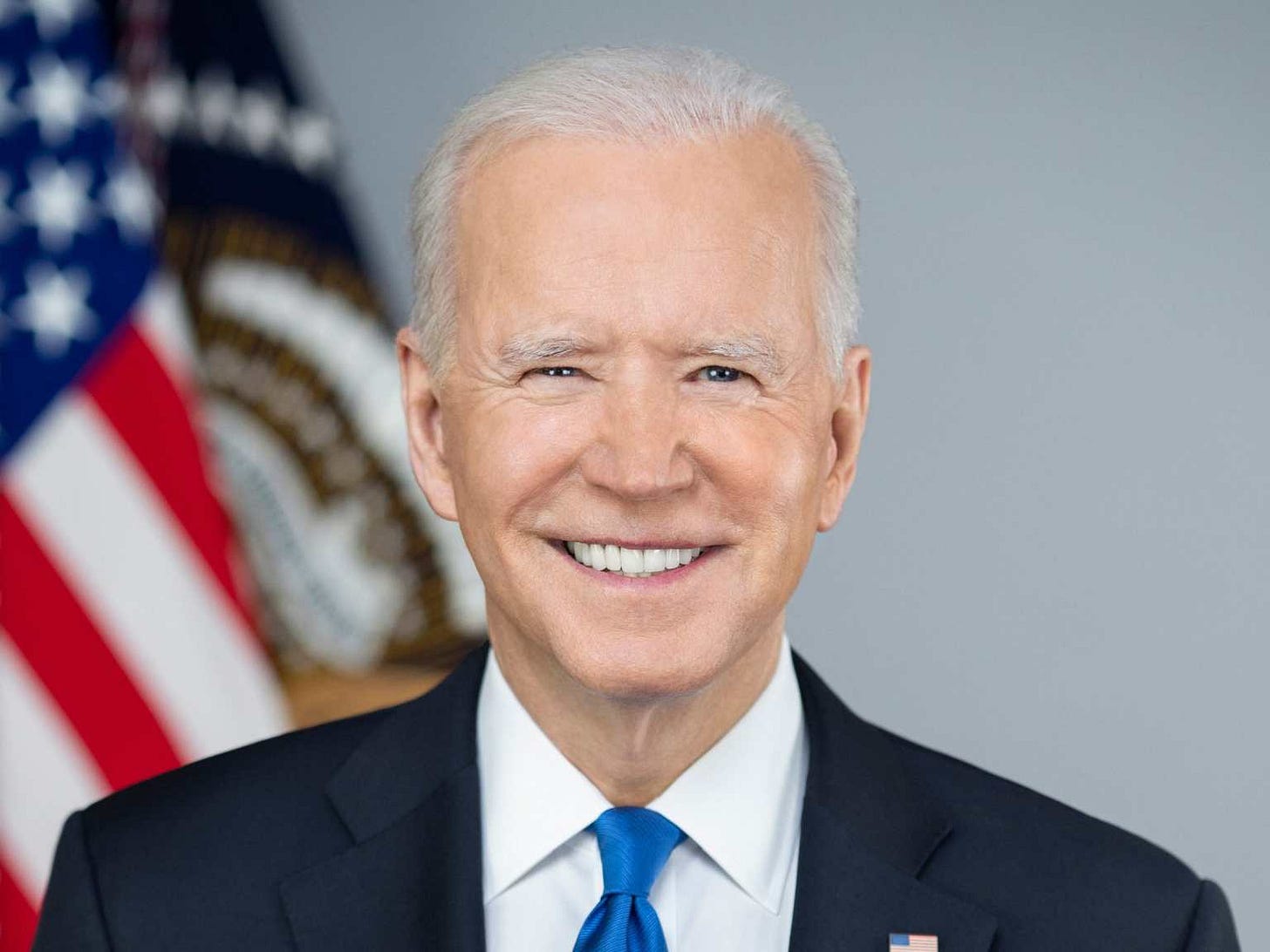When Russian troops rolled across the Ukrainian border in February 2022, Joe Biden had to make a decision that held more consequence for American and global security than any other by a president since the end of the Cold War. Biden had warned Russia's Vladimir Putin not to invade Ukraine, and Putin had rejected the warning. Now the president had to respond to the Russian aggression.
One option was to confine himself to words and economic sanctions. Such had been the response of Barack Obama when Russia invaded Crimea in southern Ukraine in 2014. In that instance, Putin had argued that Crimea had historically been part of Russia, that its people were Russian by language and culture, and that they wanted to be united to Mother Russia. The claims were true, mostly true, and plausible but unproven, respectively. Yet Obama and America’s European allies had other concerns at the moment, chiefly a war in Syrian that had sent hundreds of thousands of refugees pouring westward and the rise of the fanatically brutal Islamic State in Iraq and Syria. The result was that Putin got away with his theft of Crimea.
The 2022 invasion aimed at the heart of Ukraine, starting with the capital, Kyiv. Putin extended his rationale, saying that Kyiv was the birthplace of modern Russia and that its hinterlands were the cradle of Russian culture. He said Ukraine should not have been severed from Russia at the end of the Cold War. The Russian leaders responsible were knaves and fools. Ukraine's leaders were neo-Nazis and tools of NATO and America. Russian honor and security demanded Russian control of Ukraine.
The truth quotient of this argument was less than that for Putin’s Crimea claim. Ukraine’s president, Volodymyr Zelinsky, roundly rejected it and appealed to Biden and other western leaders for military assistance.
Biden was favorably inclined. Putin had grown more threatening since the seizure of Crimea, which now seemed a probe of the resolve of the West. In hindsight Biden wished Obama had delivered a sterner response. The stakes were higher now. If Putin weren't stopped in Ukraine, where would he strike next?
Another concern was the signal Biden's response would send to other countries. America had no treaty obligation to Ukraine, but America was committed to liberal democracy, which was increasingly threatened around the world. Biden's predecessor, Donald Trump, had given other countries cause to question America's commitment to its traditional values. Biden wanted to show that America once more stood strong.
A principal audience was the leadership of China. President Xi Jinping had been reiterating China’s claim to Taiwan, which America once had formally committed to defend and still considered something of a protege. Biden presumed that a rousing American defense of Ukraine would give Xi second thoughts about invading Taiwan.
Biden decided to help Ukraine. But by what means? For how long? A weak response would be ineffective, but a strong response might land America in a war against Russia. Americans would support aid to Ukraine for a while but not forever.
Biden provided intelligence, weapons and ammunition. Not the most advanced weapons, and certainly not nuclear weapons, but weapons that gave the Ukrainians a fighting chance against the Russian invaders. Biden made clear that Ukraine should not expect American troops. This was Ukraine’s fight, not America's.
For the first year of the war Biden's decision appeared sound. The Ukrainian defenders acquitted themselves surprisingly well. They fought the Russians to a standstill. As the fighting season opened in 2023, the Ukrainians spoke hopefully of a counteroffensive that would drive Russia out of Ukraine entirely.
But nothing so successful occurred. And by the second anniversary of the Russian invasion, in February 2024, the initiative had reverted to the Russian side.
Symptoms of aid fatigue emerged in America. Trump's scorn for Ukraine prompted his followers in Congress to delay additional aid. As the 2024 election campaign gathered momentum, Ukraine appeared likely to be an important issue.
History's verdict on Biden’s decision to aid Ukraine might come as soon as November. A Trump victory would probably lead to a halt in further aid and compel Ukraine to sue for peace with some of its territory under continued Russian occupation. Whether Putin would accept such an outcome was impossible to know. But Biden's goal of a liberated Ukraine wouldnt have been achieved. Biden might contend that he had kept things from getting worse. Something is better than nothing.
A Biden victory in November would probably result in additional aid. But in the absence of unforseen developments, it would leave Ukraine’s future as unresolved as it is today.


Nothing about Yanukovych or Poroshenko? Seems like they should be included in the backstory to events in Ukraine.
Were there any other options other than military intervention? Were there any negotiation options with Russia that could have avoided all this death and destruction?
And then on October 6, 2023, Hamas militants attacked Israel.